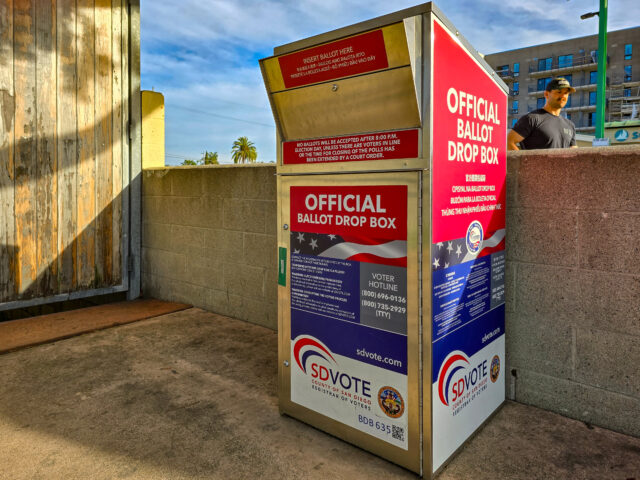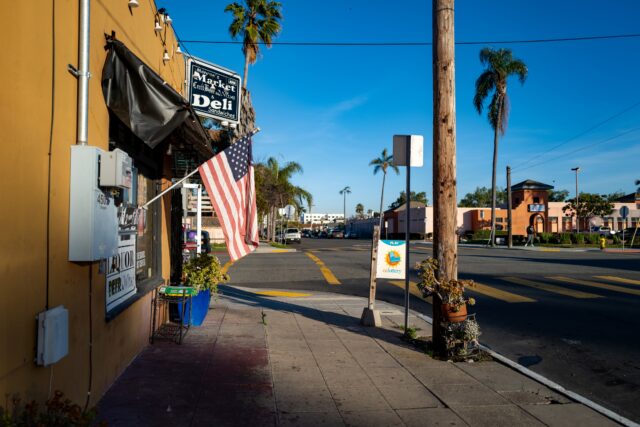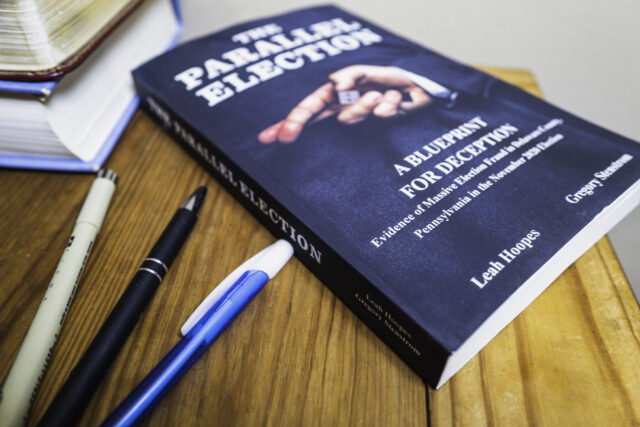Two months ago, or thereabouts, on March 27, 2024, my father signed over title to a large portion of the family farm to the two pastors of his local church. The transfer of ownership was quite unexpected and was not disclosed—to my sister—until after he died on April 16. We all understood that he intended to will the property to the couple, but his estate would pass through the typical legal process first.
Since my grandfather’s will hadn’t been probated, the older document might supersede the other—something I presumed a lawyer and judge would sort out. That process would be opportunity to also open a discussion with the pastors about final disposition of the approximately 100 acres. The unexpected transaction nullified everything—unless the older will is legally enforceable. I wouldn’t know.











